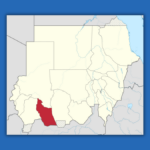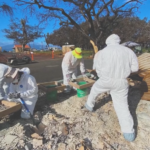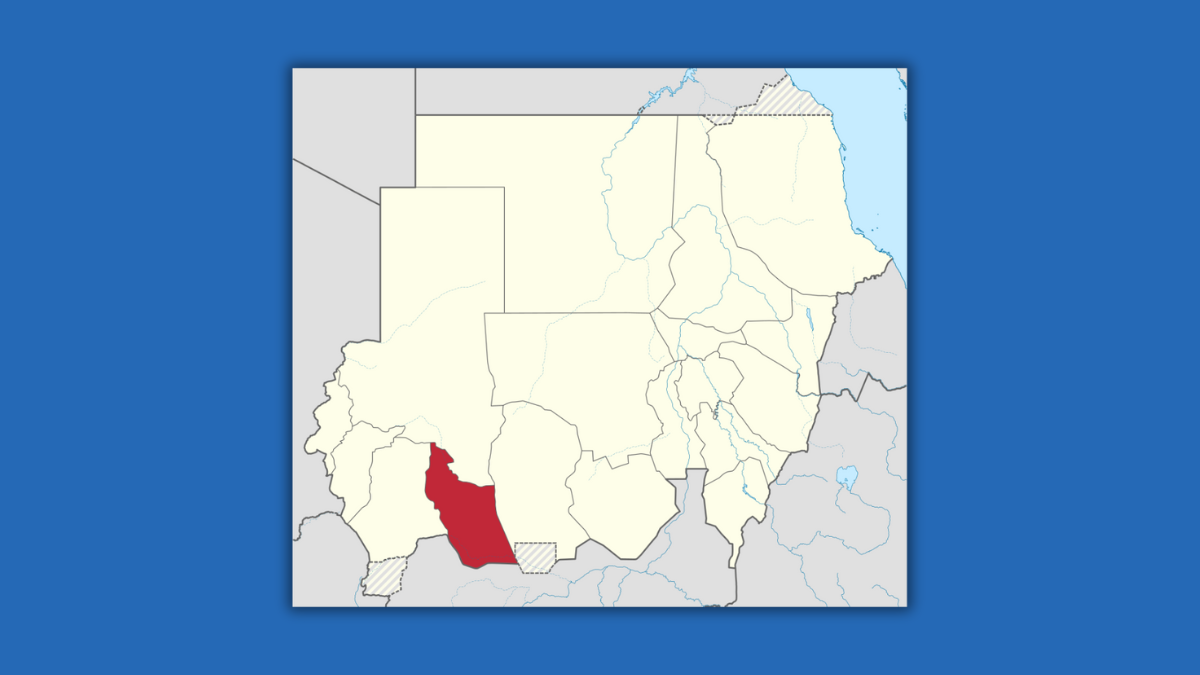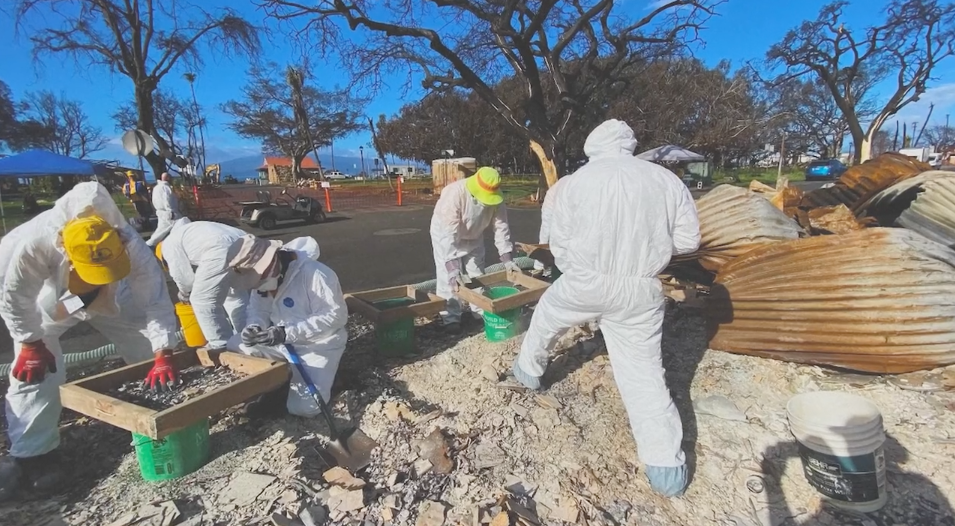WILLING
Mark 14:32–42
Jesus was a praying person. In his prayer life, Jesus taught us that prayer is more than asking God. Prayer involves submission to God. The first Adam lived in a garden paradise. During the last night of His life, Jesus communed with His Father through prayer in a garden.
Distressed (32–34)
Jesus and the disciples traveled to “a place named Gethsemane.” The place name “Gethsemane” means “olive press.” Gethsemane may have been a regular location for prayer when Jesus was in Jerusalem. According to Luke 22:39, “He went out and made His way as usual to the Mount of Olives, and the disciples followed Him.”
The Mount of Olives was the location at which Jesus predicted the destruction of Jerusalem and His Second Coming. Jesus commanded His disciples to sit at a specific location while He prayed. He knew this was the night before His crucifixion, and He was deeply distressed and troubled. Jesus told nine disciples to remain in Gethsemane and stay awake. He took Peter, James and John with Him.
This inner circle had failed Jesus earlier. Peter had boasted that he would never fall away. Unfortunately, the disciples slept rather than being sensitive to the emotional state of Jesus.
Surrendered (35–36)
Jesus walked a short distance from Peter, James and John and fell to the ground. Rather than praying generalized requests, Jesus prayed specific requests. In the agony of His approaching crucifixion, Jesus experienced grief “to the point of death.” He prayed that the experience of the cross might pass. Two attitudes characterized Jesus’ prayer. First, Jesus prayed with faith. “All things are possible for You.” He requested the removal of the cup of suffering from Him.
In the Old Testament, a cup is a figurative symbol for God’s judgment against sin. Second, Jesus prayed with a submissive spirit. “Not what I will but what you will.” These eight words epitomize the importance of the surrender of Jesus, first-century disciples and 21st-century followers of Jesus. During the period of Jesus’ greatest need, He commanded the disciples to stay awake. But the disciples slept.
Weak (37–39)
Jesus returned to the disciples but discovered they were sleeping at one of the most important events in Jesus’ life. Jesus called Peter out, the disciple who professed he would die for Jesus. He slept rather than joining Jesus in prayer.
Jesus commented that prayer is important in fighting temptation. Peter, James and John all went to sleep. Embarrassed when Jesus returned, they did not know what to say to Him.
Betrayed (40–42)
In the garden, Jesus had three prayer sessions, and for the third time, Mark highlights the fact that the disciples slept. In an understatement, Mark expresses the failure of the disciples. “They did not know what to say to Him.” They could not explain or rationalize their betrayal of Jesus at the point of his greatest need. Jesus remarks, “Enough! The time has come.”
By Mark Rathel
Professor at the Baptist College of Florida in Graceville, Florida








